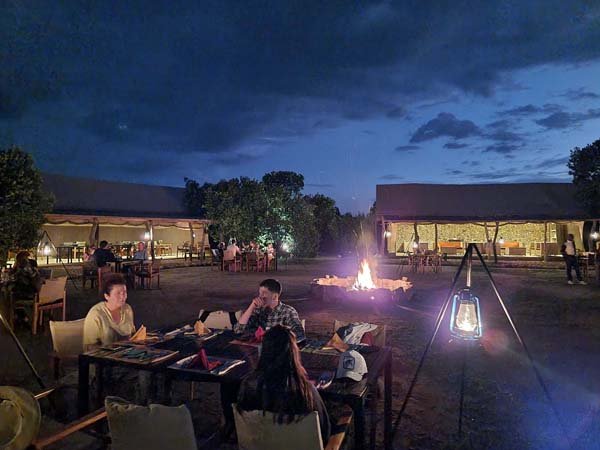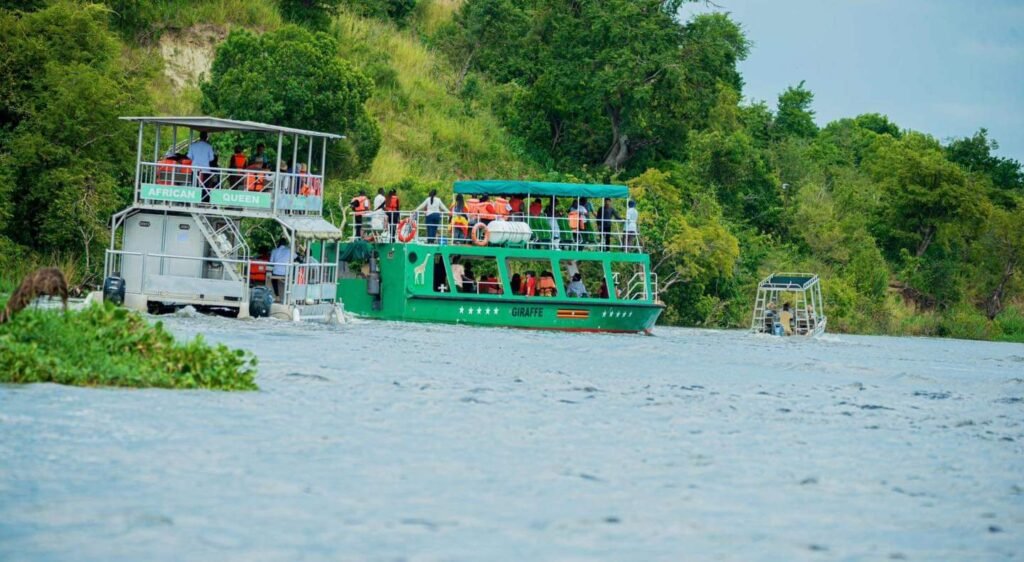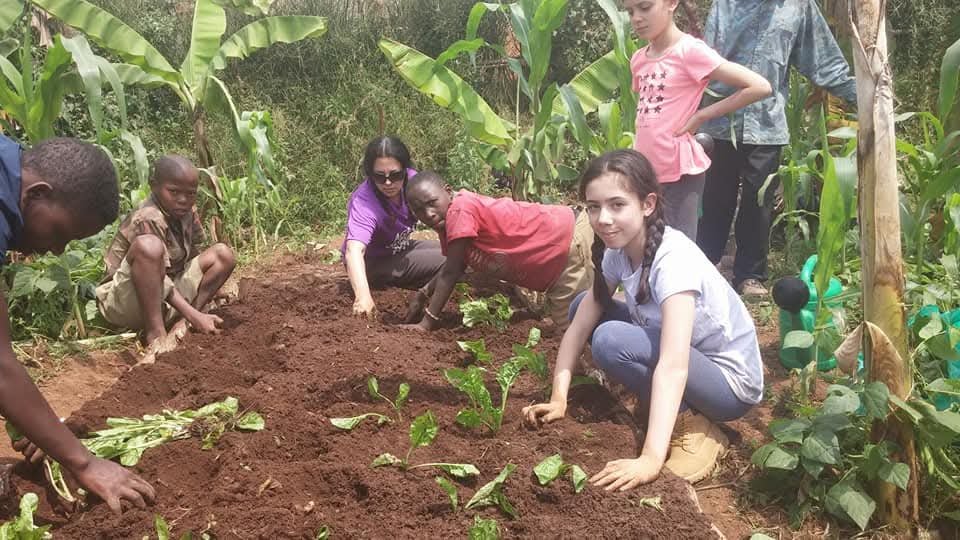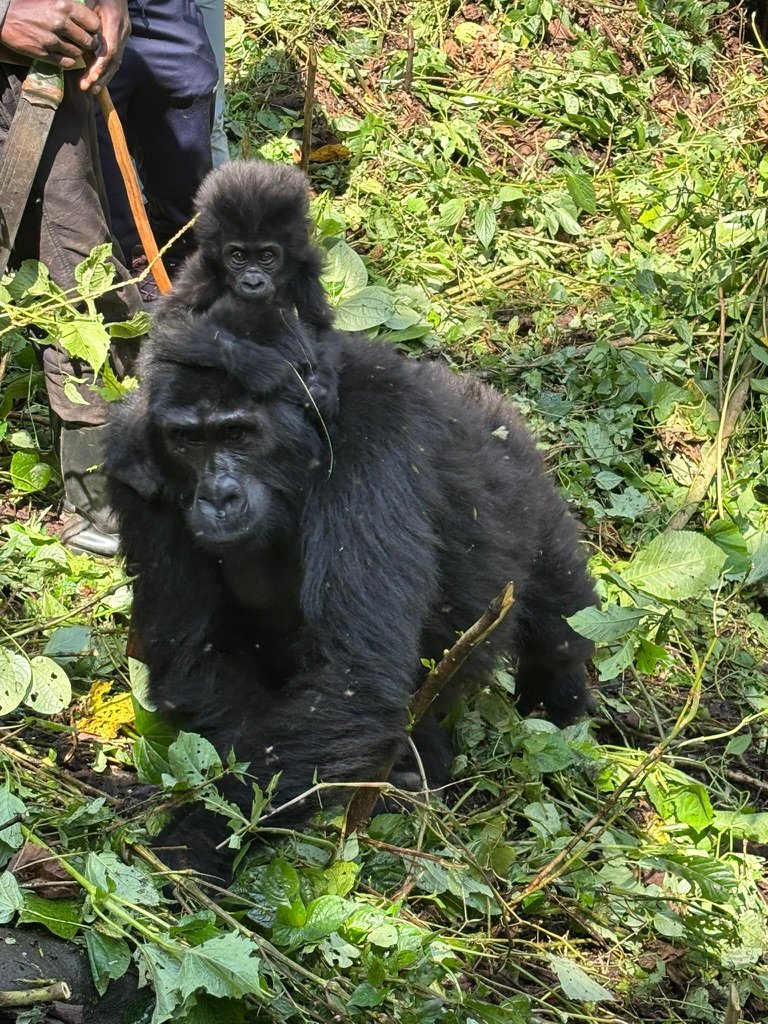How to Travel Responsibly in Uganda: A Guide to Sustainable Tourism
Travel Responsibly in Uganda: A Guide to Sustainable Tourism
Table of Contents
Tourism plays a significant role in boosting local economies, especially in countries like Uganda, where nature and culture are at the heart of the experience. However, while it helps generate income, it’s equally important to travel responsibly in Uganda. Responsible tourism ensures that the country’s natural beauty and cultural heritage are preserved for future generations. Here’s how you can explore Uganda while leaving a positive impact:

Respect Local Culture and Traditions
When you travel responsibly in Uganda, it’s important to take the time to learn about the local customs, traditions, and values. Respecting the local culture not only fosters goodwill but also contributes to cultural preservation. Make sure to dress modestly, ask for permission before taking photographs of people, and be mindful of community norms.
Support Local Businesses
A great way to travel responsibly in Uganda is by supporting local businesses. Choose to stay in locally-owned accommodations, eat at restaurants that serve traditional Ugandan dishes, and purchase handmade crafts directly from local artisans. This helps distribute the economic benefits of tourism to the local communities, ensuring that your visit contributes positively to the economy.
Minimize Environmental Impact
Uganda is home to some of the world’s most beautiful landscapes, from the savannahs of Queen Elizabeth National Park to the rainforests of Bwindi Impenetrable Forest. As you explore these areas, make a conscious effort to reduce your environmental footprint. Stay on designated trails, avoid littering, and use eco-friendly products to help preserve Uganda’s natural beauty while you travel responsibly in Uganda.
Choose Eco-Friendly Tours
When planning your itinerary, choose operators that prioritize sustainability. At Amatsiko Tours, we ensure that every traveler has a chance to give back to the local community while also promoting conservation. By selecting responsible tour operators, you are helping to fund conservation efforts and supporting local communities through ethical tourism. Make sure to travel responsibly in Uganda by opting for such tour operators.
Participate in Community Projects
Many tour operators in Uganda offer opportunities to volunteer in local communities, providing you with a chance to give back. Whether it’s teaching at Amatsiko Preparatory School or participating in environmental initiatives, your involvement can have a lasting impact. By engaging with these programs, you contribute to the positive growth and sustainable development of the community.
Protect Wildlife
Uganda is renowned for its wildlife, including gorillas, elephants, and lions. If you choose to participate in wildlife tracking activities, such as gorilla trekking in Bwindi Impenetrable Forest, always follow the guidelines set by park rangers. This ensures the safety of both visitors and wildlife, and by doing so, you contribute to the conservation of Uganda’s incredible biodiversity. It’s a key way to travel responsibly in Uganda.
Conserve Water and Energy
Access to clean water can be a challenge in some rural parts of Uganda. As you travel, be mindful of your water usage and energy consumption. Opt for water-efficient practices in accommodations and minimize waste to ensure that local resources are conserved. These simple steps make a significant difference when you travel responsibly in Uganda.
Conclusion: Travel Responsibly in Uganda
By following these simple guidelines, you can travel responsibly in Uganda and ensure that your trip has a positive impact. Whether you’re volunteering, supporting local businesses, or simply being mindful of your environmental footprint, your actions contribute to the sustainable growth of this beautiful country. Travel responsibly in Uganda and help preserve its natural beauty and cultural heritage for generations to come
1. Respect Local Cultures and Traditions.
Uganda is home to over 50 ethnic groups, each with unique customs and traditions. Responsible travelers should:
- Learn simple local phrases like “Hello” (Agandi) or “Thank you” (Webare).
- Dress modestly, especially in rural areas.
- Ask for permission before taking photos of people or private spaces.
By respecting these customs, you can create meaningful cultural connections.
2. Support Local Businesses.
Support local economies by eating at local restaurants, shopping for handmade souvenirs, and staying at locally owned accommodations. This helps ensure your visit benefits local communities.
3. Be Mindful of Wildlife Interactions.
Uganda’s wildlife is one of its biggest attractions. To help conserve this natural treasure:
- Follow park rules and keep a safe distance from animals.
- Do not feed or touch wildlife.
- Avoid littering or using single-use plastics during tours.
- These simple actions help preserve Uganda’s fragile ecosystems for future generations.

4. Minimize Your Environmental Impact
Uganda’s natural beauty is fragile. Responsible travelers should:
- Bring a reusable water bottle.
- Avoid single-use plastic bags.
- Stick to marked paths to protect natural habitats.
- Properly dispose of all waste or take it back with you.
5. Thoughtful Short-Term Volunteering
Many travelers want to give back during their visit, even for a short time. At Amatsiko Tours, we offer opportunities for half-day or full-day volunteering at Amatsiko Preparatory School. These short visits may include:
- Assisting with classroom activities or sharing a skill with children.
- Participating in educational games or storytelling sessions.
- Engaging with children in a culturally sensitive and respectful manner.
Short-term volunteering can be impactful if done thoughtfully. While brief interactions, they provide cultural exchange opportunities and can brighten a child’s day.

6. Participate in Community-Based Tourism
Engaging with local communities through cultural experiences like learning traditional crafts, visiting rural farms, or participating in local dances allows for deeper connections while directly benefiting communities.
7. Travel with a Responsible Tour Operator
Choosing a responsible tour operator ensures that your trip benefits the environment and local people. Amatsiko Tours donates 20% of profits to community initiatives and promotes environmentally conscious practices. By traveling with us, you contribute directly to local development.
Traveling responsibly in Uganda isn’t just about minimizing negative impacts—it’s about creating positive ones.
By respecting cultures, supporting communities, and making mindful choices, you can ensure your visit is enriching and sustainable.
Ready to explore Uganda responsibly? Contact Amatsiko Tours today to plan a trip that leaves a lasting impact.













